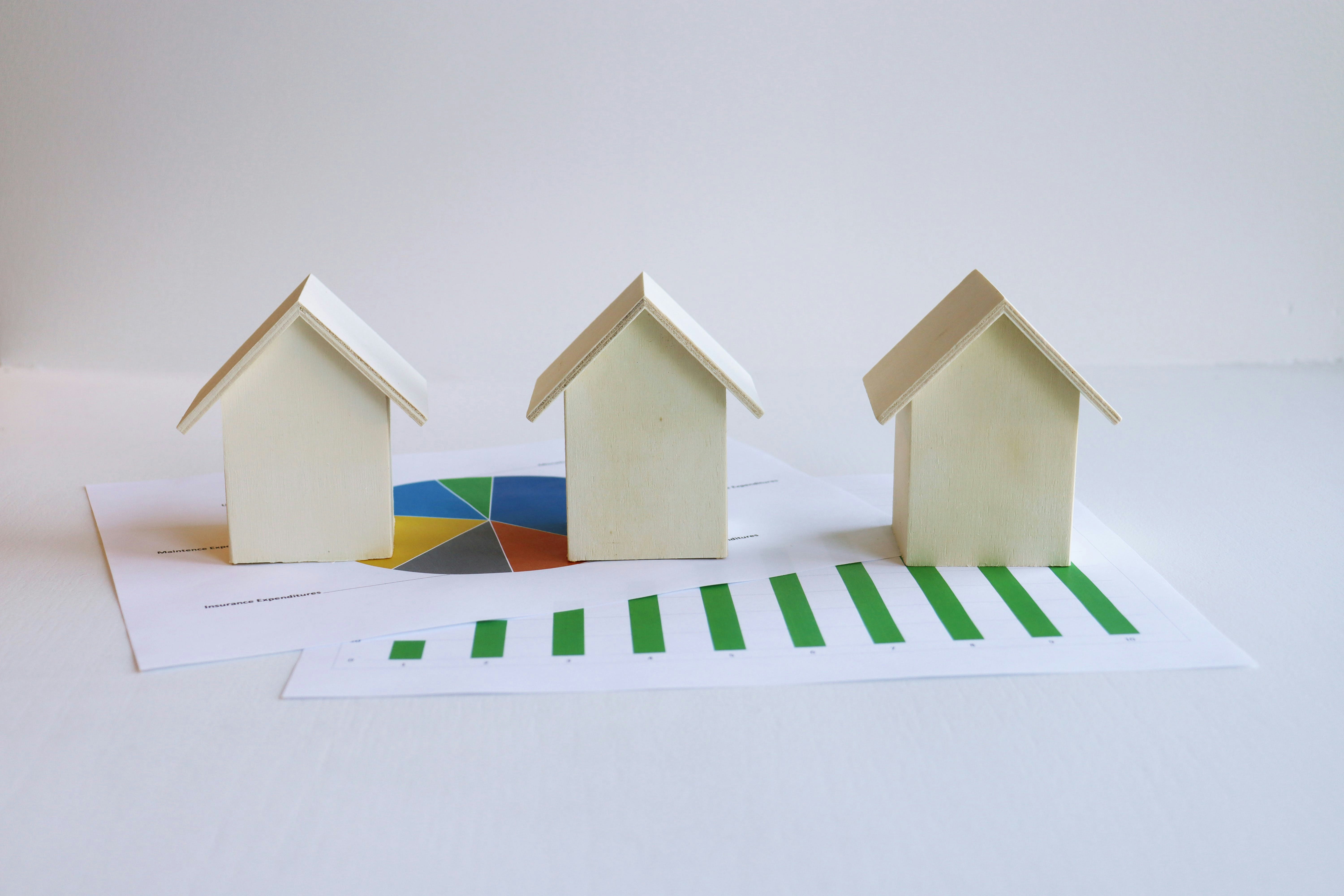Check What Your Home Is Really Worth — Updated for 2025
In 2025, homeowners across the UK and Canada are eager to understand how shifting market trends affect their property’s value. With rising demand in some regions and stabilising prices in others, getting an up-to-date estimate is essential before selling, refinancing, or investing. Modern online valuation tools now make it easier than ever to check your home’s real worth — giving you a clear view of your property’s current market position and potential.

The Canadian real estate landscape has undergone significant changes over the past few years, making it crucial for homeowners to stay informed about their property’s current worth. Market fluctuations, interest rate adjustments, and regional economic factors all play a role in determining home values. As we move through 2025, having an accurate understanding of your property’s value can help you make informed decisions about your financial future, whether that involves selling, borrowing against your equity, or planning for long-term investment strategies.
What Is Property Valuation in Canada?
Property valuation Canada refers to the process of determining the fair market value of a residential property based on various factors including location, size, condition, and recent comparable sales in the area. Professional appraisers, real estate agents, and automated valuation models all contribute to establishing what a home is worth at any given time. The valuation process takes into account both tangible features like square footage and number of bedrooms, as well as intangible factors such as neighbourhood desirability and proximity to amenities. In Canada, property valuations are used for multiple purposes including mortgage approvals, property tax assessments, estate planning, and sale listings. Understanding how your property is valued helps you gauge your financial position and make strategic decisions about your real estate assets.
Understanding Home Value in 2025
Home value 2025 reflects the current state of the Canadian housing market, which continues to adapt to economic pressures and demographic shifts. This year, homeowners are seeing varied trends across different regions, with some markets experiencing stabilization after years of rapid growth, while others maintain steady appreciation. Factors influencing home values in 2025 include mortgage rates, employment levels, immigration patterns, and housing supply constraints. Technology has also transformed how home values are assessed, with sophisticated algorithms and data analytics providing more accurate estimates than ever before. Homeowners can now access multiple valuation tools online, compare their property against recent sales, and track value changes over time. The key to understanding your home value in 2025 is recognizing that it represents a snapshot in time, influenced by both local and national economic conditions that can shift throughout the year.
Real Estate Market Trends Shaping 2025
Real estate market trends 2025 show a complex picture across Canadian provinces and territories. Urban centres continue to face inventory challenges, while suburban and rural areas are experiencing renewed interest from buyers seeking more space and affordability. The trend toward remote and hybrid work arrangements has influenced where people choose to live, with some previously overlooked markets gaining traction. Interest rate policies set by the Bank of Canada remain a significant factor, affecting buyer purchasing power and overall market activity. First-time homebuyers face particular challenges with affordability, while existing homeowners benefit from accumulated equity. Regional variations are pronounced, with markets in British Columbia, Ontario, Quebec, Alberta, and the Atlantic provinces showing different trajectories. Understanding these broader trends helps contextualize your individual property’s value and provides insight into whether now is an advantageous time to buy, sell, or hold.
Methods for Determining Your Property’s Worth
Several approaches exist for determining what your home is actually worth in the current market. Professional appraisals conducted by certified appraisers provide the most thorough assessment, involving physical inspections and detailed comparative market analysis. Real estate agents offer comparative market analyses that examine recent sales of similar properties in your neighbourhood. Online valuation tools use algorithms and public data to generate automated estimates, though these should be viewed as starting points rather than definitive values. Municipal property tax assessments provide another reference point, though these often lag behind actual market conditions. For the most accurate picture, homeowners benefit from combining multiple methods and consulting with local real estate professionals who understand specific neighbourhood dynamics and recent transaction details.
Cost Considerations for Property Valuation Services
When seeking professional property valuation services in Canada, understanding the associated costs helps you budget appropriately. Professional home appraisals typically range from $300 CAD to $600 CAD depending on property size, location, and complexity. Real estate agent market analyses are often provided at no cost when considering listing your property, though this service is tied to potential representation agreements. Online automated valuation tools are generally free but may offer premium features for a fee. Property inspection services, which differ from valuations but provide valuable condition assessments, usually cost between $400 CAD and $700 CAD.
| Service Type | Provider Examples | Cost Estimation (CAD) |
|---|---|---|
| Professional Appraisal | Licensed Appraisers, Appraisal Institute of Canada members | $300 - $600 |
| Real Estate Market Analysis | Royal LePage, RE/MAX, Century 21 agents | Free with potential listing |
| Online Valuation Tools | Realtor.ca, HouseSigma, Zolo | Free to $50 monthly |
| Home Inspection | Pillar To Post, AmeriSpec Canada, local certified inspectors | $400 - $700 |
Prices, rates, or cost estimates mentioned in this article are based on the latest available information but may change over time. Independent research is advised before making financial decisions.
Factors That Influence Your Home’s Market Value
Numerous elements contribute to determining your property’s worth in the Canadian market. Location remains the primary driver, with proximity to schools, transit, shopping, and employment centres significantly impacting value. Property characteristics including square footage, lot size, number of bedrooms and bathrooms, and overall condition all play crucial roles. Recent renovations and upgrades can add substantial value, particularly kitchen and bathroom improvements, energy-efficient features, and finished basements. Market conditions at the time of valuation matter greatly, as buyer demand and available inventory create competitive dynamics. Neighbourhood trends, including development plans and demographic shifts, influence long-term value trajectories. External factors such as interest rates, economic stability, and government housing policies also affect what buyers are willing and able to pay. Understanding these variables helps homeowners identify opportunities to enhance their property’s value and recognize realistic price expectations.
Knowing your home’s true worth in 2025 empowers you to make confident decisions about your real estate assets. Whether you’re planning to sell, refinance, or simply monitor your investment, accessing accurate valuation information through professional services, real estate expertise, and reliable online tools provides the foundation for sound financial planning. As the Canadian real estate market continues to evolve, staying informed about your property’s value and the factors that influence it ensures you’re prepared for whatever opportunities or challenges arise in your homeownership journey.




